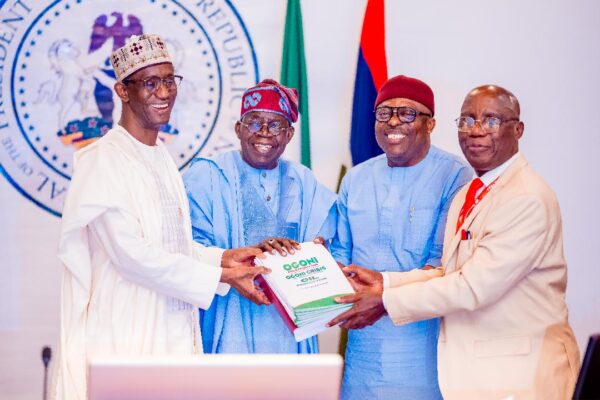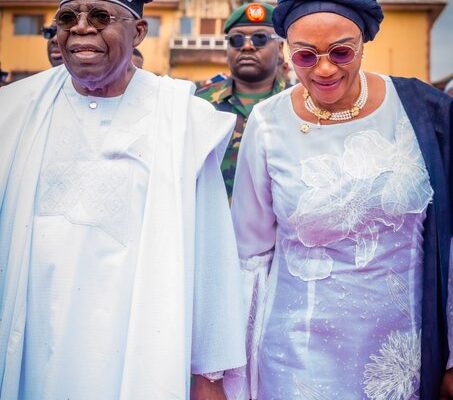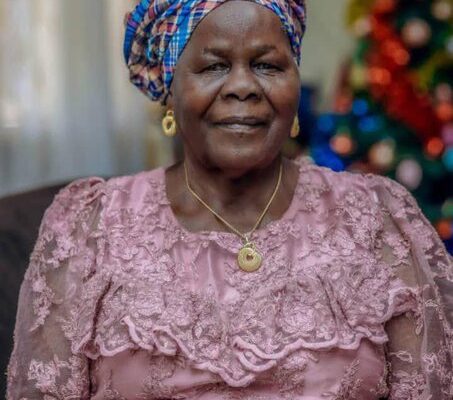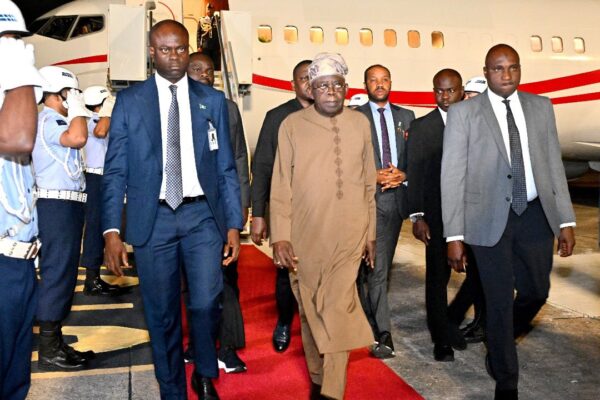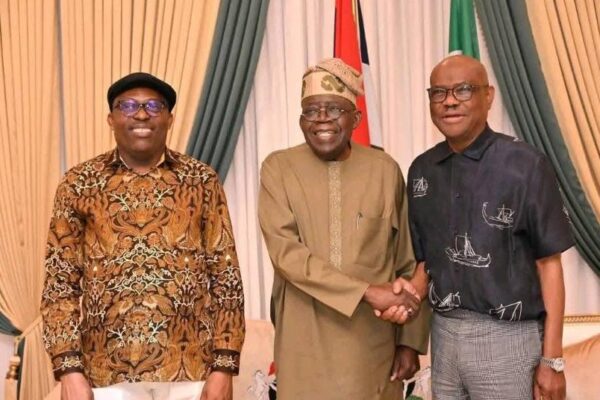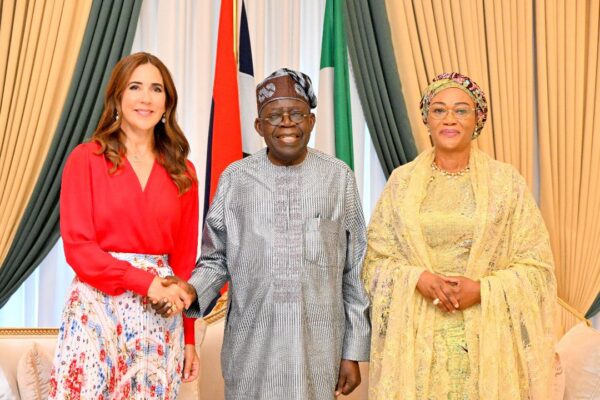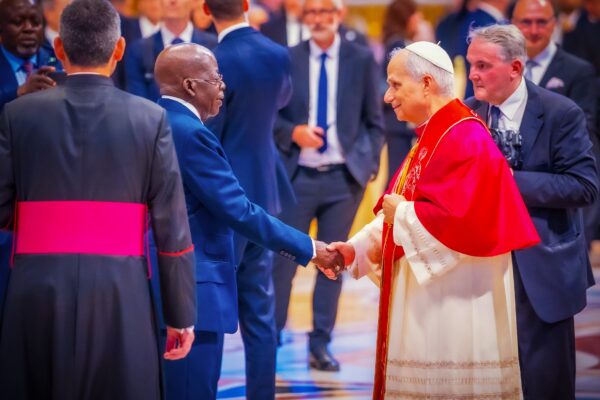President Bola Ahmed Tinubu has directed the National Security Adviser (NSA), Mallam Nuhu Ribadu, to immediately engage the Nigerian National Petroleum Company Limited (NNPCL), the Ogoni people, and other relevant stakeholders with a view to finalising the modalities for the resumption of oil production in Ogoniland. President Tinubu issued the directive on Wednesday, following the presentation of the report by the Presidential Committee on the Ogoni Consultations, chaired by Professor Don Baridam, at the State House in Abuja. Governor Siminalayi of Rivers State led the Ogoni delegation to the ceremony. The President also used the occasion to confer the posthumous national honour of Commander of the Order of the Niger (CON) on four members of Ogoniland who died in the struggle to ensure environmental protection of their land. They are: Chief Edward Kobani, Chief Albert Bade, Chief Samuel Orage, and Chief Theophilus Orage. In June, President Tinubu conferred national honours on Ken Saro Wiwa and eight other Ogoni activists, brutally killed by the Sani Abacha military regime. While commending the Baridam committee for the dedication and wisdom its members demonstrated in guiding the process, the President urged the Ogoni people to close ranks and engage in dialogue, as the government will do its best to safeguard their environment. “We are not, as a government, taking lightly the years of pain endured in Ogoniland. We recognise that, otherwise, we would not be here today. The Federal Government truly acknowledges the long suffering of the Ogoni people, and today, we declare with conviction that hope is here and is back with us,” the President said. President Tinubu also acknowledged the struggles and sacrifices made by the Ogoni people in their quest for justice and environmental protection. He directed the Minister of Environment and the NSA to integrate programmes into a broader dialogue and implementation process. “ Accordingly, I am directing the National Security Adviser to commence immediately the engagement between the Ogoni people and NNPCL and all relevant stakeholders with a view to finalising modalities to begin operations. We must start by addressing non-valuable assets, which are of no benefit to the community, the country, or its people. The President assured stakeholders of the government’s determination to deploy the necessary resources to address the concerns of the Ogoni people and achieve shared prosperity. “I urge Ogoni people across the communities and generations to close ranks, put this dark chapter behind us, and move forward as a united community. We have settled. This reconciliation is not an erasure of history but the commitment to write the next chapter together. I am encouraged by the overwhelming consensus of the Ogoni communities to welcome the resumption of oil production under an equitable tax system. President Tinubu added that the federal Government will deploy necessary resources to support the Ogoni people in their march towards shared prosperity. Governor Siminalayi Fubara stated that the confidence-building measures implemented by the President had already led to an improvement in the work done on the East-West Road, among other projects, adding that the establishment of the Federal University of Environment and Technology was also a positive step in the right direction. The National Security Adviser, Mallam Nuhu Ribadu, stated that President Tinubu, at the beginning of the process, approved some early confidence-building steps to be undertaken for the establishment of needed trust, affirming that these steps resulted in stakeholders putting aside their differences to bring about a collective report. These included the constitution of the University of Environment and Technology governing Council and making significant progress on the East-West Road, among others. “All through the process, tensions and divisions were carefully mediated, and a spirit of dialogue prevailed over confrontation, leading to a constructive and all-inclusive consultation process. This report, being formally presented to your excellency today, is the outcome of that intensive, methodical and transparent engagement. “While not forgetting past injustices, all parties have reached a point of collective readiness to see the responsible resumption of oil production in Ogoniland anchored on fairness, equity, environmental responsibility and direct community benefit. “Also, there has been a call in unison to reposition the hydrocarbon pollution remediation project, HYPREP, given the convergence of environmental remediation and renewed operations, in a manner that synchronises with the dialogue process.” He added that the Ogoni people also needed structured participation in activities through equity development funds, employment, and institutional sectors. The Chairman of the Committee, Professor Don Baridam, thanked President Tinubu for his unwavering commitment to the well-being of the Ogoni people. “Your decision to create this committee under the leadership of the National Security Adviser has proven foresight and right. His steady hand via diplomacy and relentless insistence on dialogue has earned the trust of other communities and restored hope that had long been thwarted.” He expressed the committee’s gratitude to the President for the posthumous national award bestowed last June on Ken Saro-Wiwa and the eight other members of the Ogoni-nine. He described the gesture as an acknowledgement of their immense sacrifices in the struggle for environmental justice and human rights in the Niger Delta.



